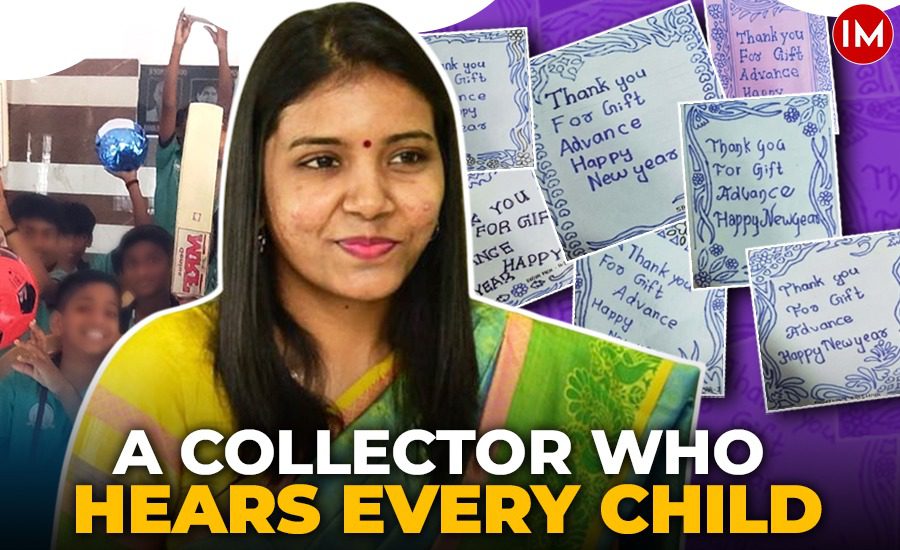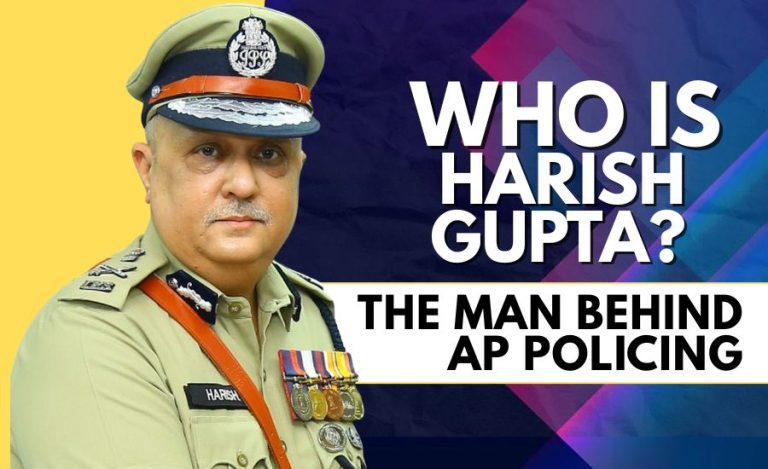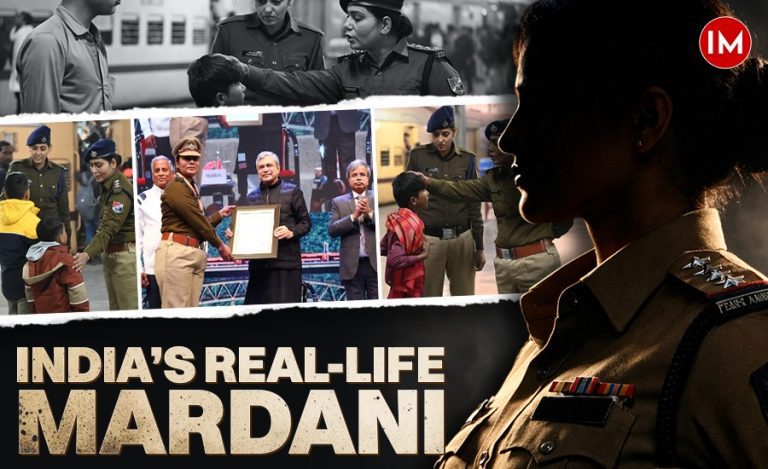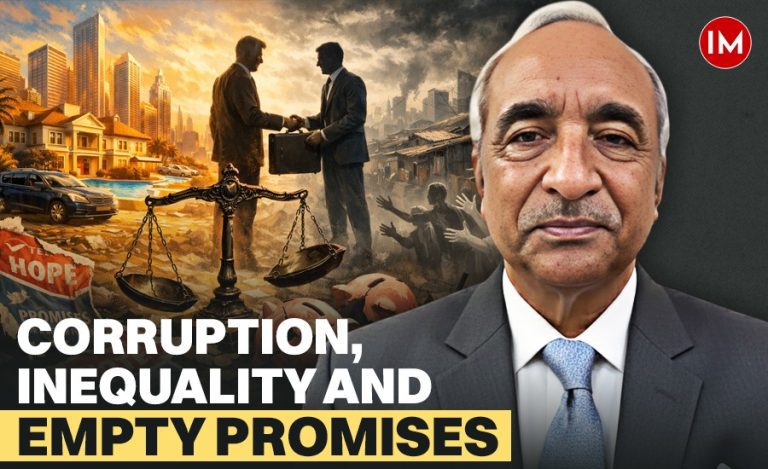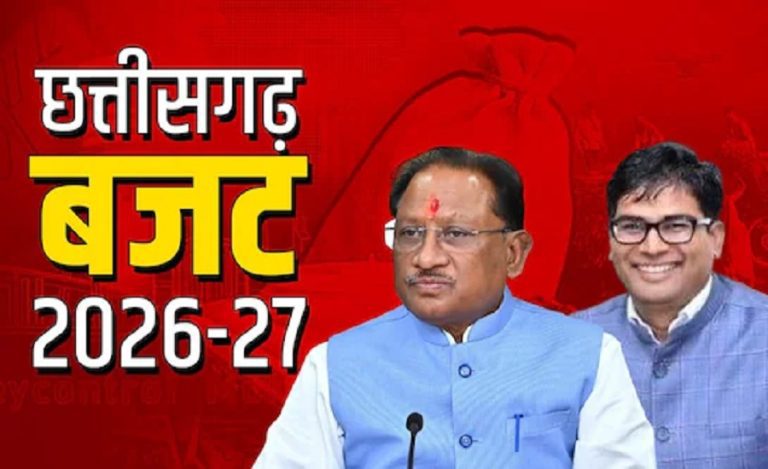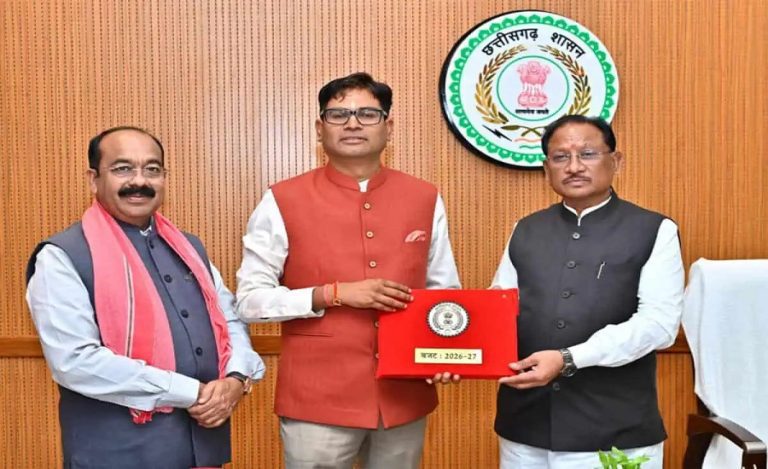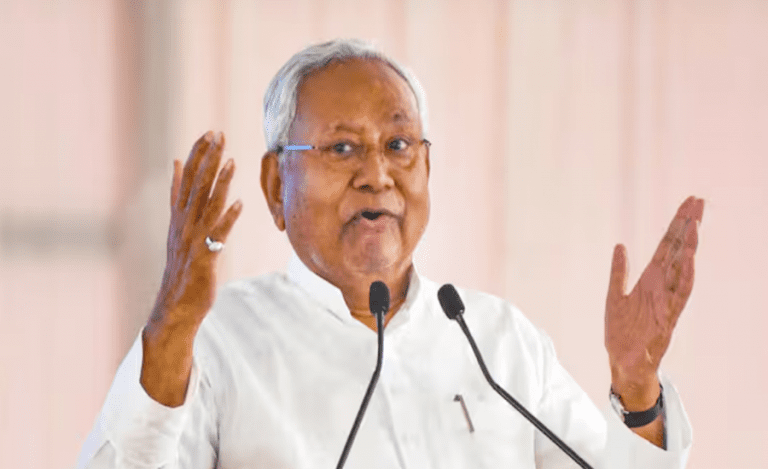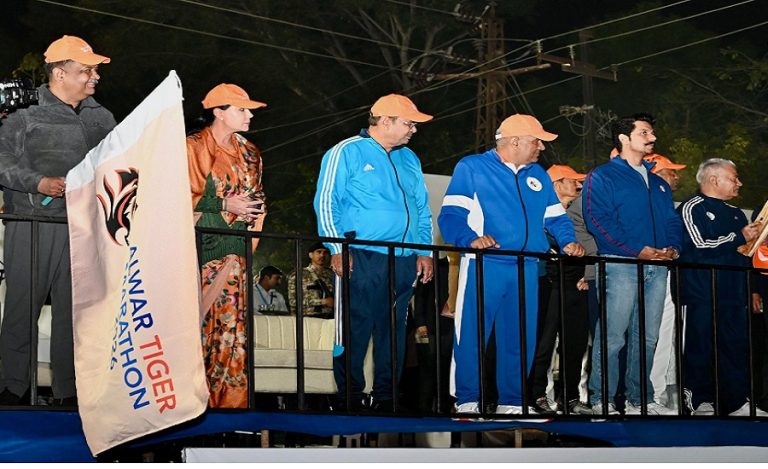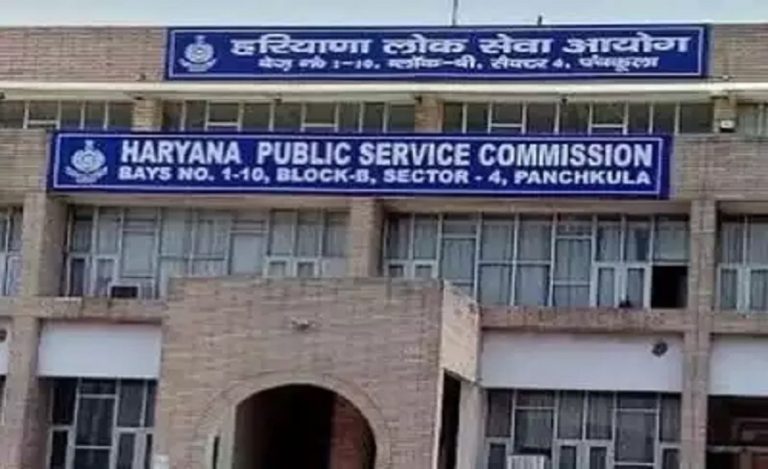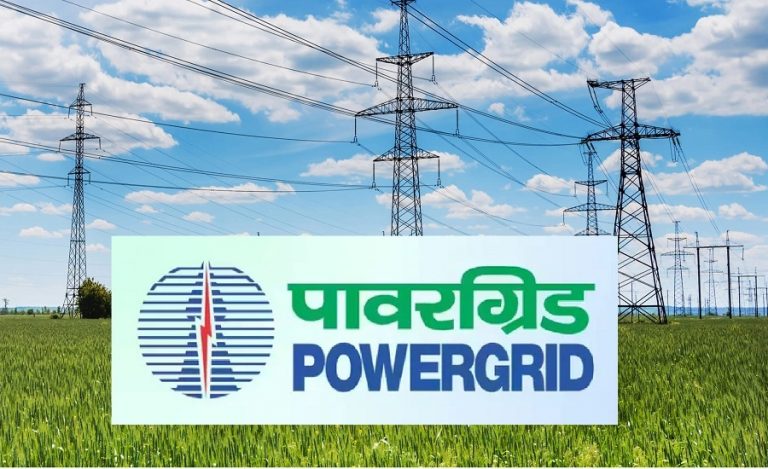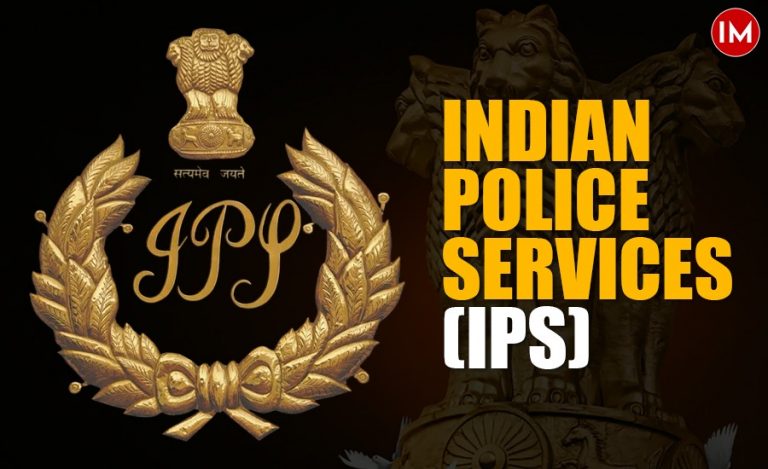When IAS officer V. Vigneshwari took charge as the District Collector of Idukki, Kerala, she didn’t just bring governance; she brought warmth, vision, and a deep sense of human connection. A 2015 batch officer of the Kerala cadre, she looked beyond files and meetings to identify what truly needed attention in this mountainous, plantation-dotted district: the quiet dreams of its children, the forgotten gaps in education, and the untapped potential of its people.
Her focus today is clear: strategic, holistic development of Idukki by addressing migration, education, livelihoods, and tourism through community-led models. But the soul of her work can perhaps be captured in a phrase from a Tamil film song that inspired one of her most touching initiatives: “Chinna Chinna Aashi,” or small desires.
In an exclusive conversation with Indian Masterminds, the officer shared how she is bringing hope to the forgotten children of the district and transforming lives.
CHINNA CHINNA AASHI: WHERE EVERY WISH MATTERS
It all started with a simple idea: What if the hidden wishes of children in welfare homes were heard and fulfilled?
“When we celebrate our birthdays or anniversaries in these homes, we rarely ask what these children actually want. So, on Children’s Day, we decided to start there, by just listening,” she shared.
The initiative, Chinna Chinna Aashi, collected wishes from over 1200 children in welfare homes across Idukki. From new clothes to a favorite snack, no desire was too small. In just 4 days, donations came pouring in from across Kerala and even from neighboring states. Every wish was fulfilled.
The name borrowed from the song Chinna Chinna Aasai from A. R. Rahman’s debut film Roja, held a deeper meaning. “It’s about those little joys that children quietly carry in their hearts,” Vigneshwari said.
But it didn’t stop there.
BUILDING PATHS TO EDUCATION
Vigneshwari quickly realized that most of these children were not orphans, they had families who simply couldn’t afford education or lived too far from functional schools. Welfare homes became their only option.
To change this, her team created micro-plans for each child, assessing family circumstances and tailoring support strategies.
“Around 70% of these children are here because their parents can’t afford education, not because they’re orphans. We wanted to bring them back home if possible or ensure they’re admitted to good schools that care for them,” she told Indian Masterminds.
She’s now working to reunite children with their families or place them in supportive educational settings by the next academic year.
This led to another crucial initiative.
THE PURSUIT OF HAPPINESS
To support higher education for financially backward students, Vigneshwari launched The Pursuit of Happiness, a transparent, government-facilitated sponsorship program.
“Many students score well but drop out because they lack money or guidance. On the other hand, donors want to help but don’t trust informal channels. We’re bridging that gap,” she said.
With about 40 applications already submitted and 30+ sponsors identified, the program connects donors with students through a joint account model, ensuring that fees are paid directly to educational institutions with oversight from the collectorate, the sponsor, and the student.
Her goal is to simply create authentic, transparent connections that change lives without red tape or middlemen.
PROMOTING ADOPTION EVEN WHEN IT’S NOT EASY
Older children in welfare homes often fall through the cracks of the adoption system. The odds are stacked against them.
“In Kerala alone, we have 8000 prospective parents waiting to adopt, but mostly infants,” she pointed out. “What about the 13- and 14-year-olds?”
So, Vigneshwari began personally advocating for older child adoption. Drawing from her earlier work in Kottayam, she mobilized 600 social work students to serve as ambassadors, connecting with prospective parents, sensitizing them, and sharing success stories.
They even organized a special adoption drive last December. “We aimed to find families for 13 children and succeeded in placing 8; no small feat when it comes to older child adoption,” she noted.
To shift mindsets, they screened the film Instant Family and arranged interactions between adoptive parents and potential adopters.
“Even biological teenagers pose parenting challenges. The issue isn’t adoption; it’s our perception,” she shared with Indian Masterminds.
A SAFE CHILDHOOD FOR PLANTATION WORKERS’ CHILDREN
In Idukki’s tea estates, another silent crisis was unfolding: children left unattended after crèches closed at 3 PM, while their parents toiled till dusk.
“It gets dark by 6, and families live in closely packed ‘lines’. That fear, that lack of supervision; it’s part of why some children end up in welfare homes,” she said.
Vigneshwari’s solution? Extended crèches from 7 AM to 7 PM. The first model launched in the Lakkam panchayat is already keeping children safe while giving parents peace of mind.
And it’s not just about safety. “We also engage them in studies during those hours,” she added, hinting at long-term educational gains alongside security.
FROM SNAPSHOTS TO STORIES
With Munnar’s popularity soaring, Vigneshwari saw an opportunity to broaden the narrative of Idukki. Her vision? Experiential, sustainable tourism that centers locals, not just travellers.
“Munnar is just a small part of Idukki. The district offers farm stays, historical sites, wellness retreats. But people don’t know that,” she explained.
Her team is now training local youth in photography, guiding, and wellness services, and creating micro-enterprise groups of 5-6 people to offer customized tourism experiences, everything from curated food trails to private photoshoots in hidden valleys.
To support this, the Idukki Plaza project will offer green stopovers every 10 km, complete with workstations, so tourists, especially remote workers, can stay longer and engage deeper.
A PORTAL TO CONNECT AND CONTRIBUTE
To tie everything together, Vigneshwari is building a CSR portal that allows companies, NRIs, and individuals to contribute, not just money, but also skills and time.
“We want to democratize development. Everyone can help if they know how,” she said.
Whether it’s a small child’s wish, a student’s academic dream, or a family’s hope for adoption, IAS V Vigneshwari’s actions prove that governance can have a heartbeat.
“All these children want is a chance. If we can create that chance through listening, support, and structure, we can rewrite their futures,” she said, not as a bureaucrat, but as someone who cares.
And that is exactly what she’s doing… one small wish at a time.

